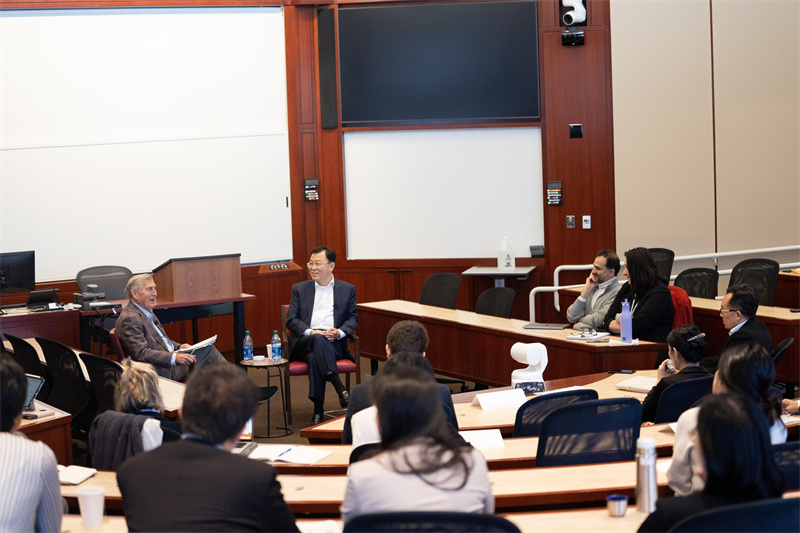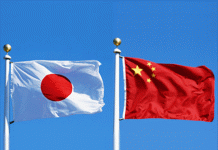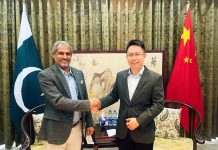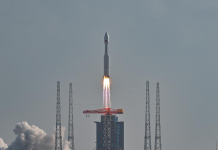BEIJING: Chinese ambassador to the U.S. Xie Feng said the current competition between China and the U.S. is unfair and the U.S. is actually not competing with China but “bullying” China by slapping sanctions, pressuring other countries to curb exports to China and accusing China’s clean energy products of “overcapacity.”
He stressed that the U.S. miscalculated China seriously and that there is no obsession with hegemony in China’s DNA. He also questioned if the U.S. had been aware of the danger of the “Thucydides trap”, why should it still jump into it?
Xie made the remarks during a fireside chat with Founding Dean of Harvard Kennedy School Professor Graham Allison on Friday.
As a response to the recent “China overcapacity” theory hyped up by the West, especially the U.S., Xie admitted that there is indeed competition between China and the U.S., but he warned that the competition must be fair. He accused the U.S. of bullying China, saying the U.S. slapped sanctions on Chinese companies according to its domestic law, which “is basically keeping Chinese players out of the game even before it starts.”
The U.S. has also asked other countries to ban exports of certain devices and technologies to China. Xie said even under such circumstances, some top Chinese players, such as producers of electric vehicles, lithium-ion batteries and photovoltaic products, have managed to take the lead.
“However, the U.S. then accuses them of being over-competent, causing overcapacity and posing a threat to other contestants, demanding they quit the game. This is not fair,” Xie said.
He reemphasized that bilateral relationships should not be defined by competition, which could cause strategic risks, and there are many areas for the two countries to cooperate. He said that the U.S. should not merely aim at avoiding conflict with China, as if the U.S. only aims at that, “then we would not be far away from going into one.” “This is like racing cars on a cliff’s edge, where conceited drivers are most likely to end up falling into the abyss below. No amount of guardrails would be enough to put a floor under the relationship then,” Xie said.
He talked about China’s Belt and Road Initiative (BRI), saying the fruitful outcomes of the initiative have proved that high-quality industrial capacity is not excessive globally, and can generate more effective demands and boost economic growth.
The ambassador said that China’s BRI adhered to the principle of extensive consultation, joint contribution and shared benefits, with aims to facilitate the revitalization of all countries and boost common development. He added that China’s BRI is not a geopolitical tool, but an open and inclusive platform for international cooperation. –The Daily Mail-CGTN news exchange item






